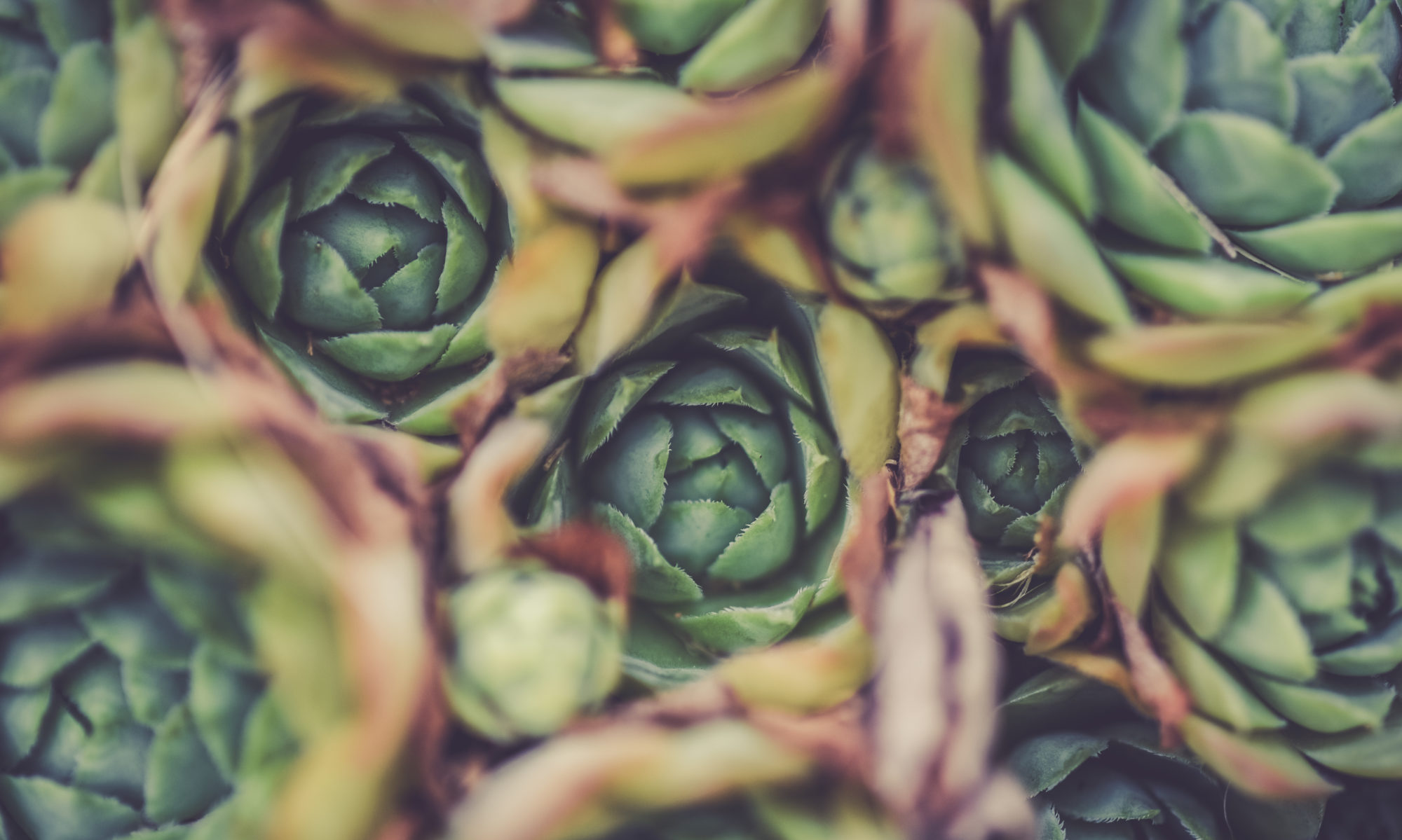Alright, more thoughts going through the konmari process:
The upside of throwing things away?
Especially with everything closed, it’s been harder to get rid of things in a way that feels responsible.
Maybe that’s a good thing.
Sometimes, it seems like having places to donate things to is a way to make ourselves feel better. It takes minimal effort to donate, but maybe it doesn’t do as much good as we think.
Maybe it’s better to feel the pain and effort of getting our stuff to good homes by giving it directly to others or selling it online.
Maybe it’s a good thing to feel the pain of throwing it away.
Maybe this pain will help prevent buying new stuff.
Maybe, now when buying something, it’ll be more automatic to think not just about the pleasure it gives now, but where it will live in the home, and where it will go after.
Otherwise, it’s so easy to continue on the cycle of buying things and then thinking “Oh, I can just donate it if I don’t want it later.”
We so often talk about reduce, reuse, recycle, and it so often feels like the focus is heavily on recycling.
After all, that supports industries: the purchase of the good, the collection of it, the manufacturing into something new that can then be resold.
But really, reduce is the one that will truly have the greatest impact.
No one profits off of that though.
No one except all of us, but where’s the fun in that?
Burdens
Thinking about how much money was spent on stuff that now feels like a burden…
In quarantimes, it’s been interesting to find things that took up space for a really long time and to discover that they actually bring joy now.
(Timing is everything…)
But, ok, so the worst case fear for getting rid of things is often a mix of sunk cost fallacy and “what if I need it?”
So, now that the best case scenario is coming true, now that those things are being used that have been sitting around for years, has it been worth keeping them?
I don’t know, I don’t think so.
There’s obviously the psychic cost of those things sitting around, taking up space, needing to be moved between homes.
But there’s also the opportunity cost, all that time when those things could have been making other people happy. Or at the very least not being irritating to me.
There’s also the possible cost of my now being tempted to bend my life so it fits into using these old things that suddenly seem more valuable since getting new stuff is harder.
I don’t know, I hope that experiencing the best case kind of shows me that it isn’t worth it to cling onto stuff, but I worry I’m not feeling that in my gut yet.
Delicious waiting
I’ve hit a bit of a bump in my process, but before that, I enjoyed planning out my konmari.
Staring at the mess and looking forward to processing it.
Putting it in my agenda for the future and actually getting excited.
I’ve been finding this for exercise too, learning about new ways to move my body and feeling antsy to get going rightnow; putting time in between now and moving that way makes it tantalizing, something I want to do instead of a chore.
My inability to repay debt right now is the same. I feel like once I actually get to a position where I can start that again, I’ll want to fucking destroy it.
On the flip side, I also found myself looking at shirts online that I really want to get but don’t feel ok ordering just yet.
I just hope the delicious waiting doesn’t apply to consumption too.
